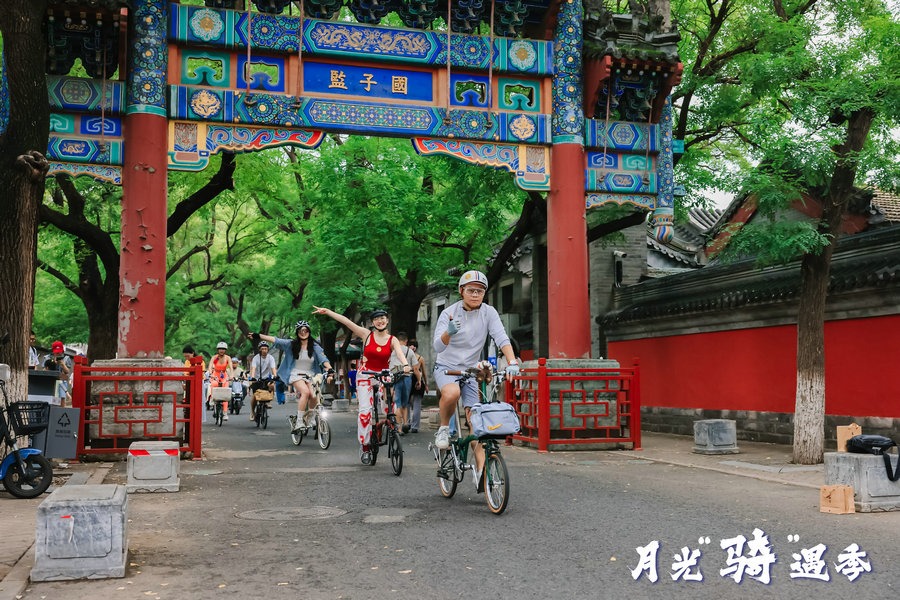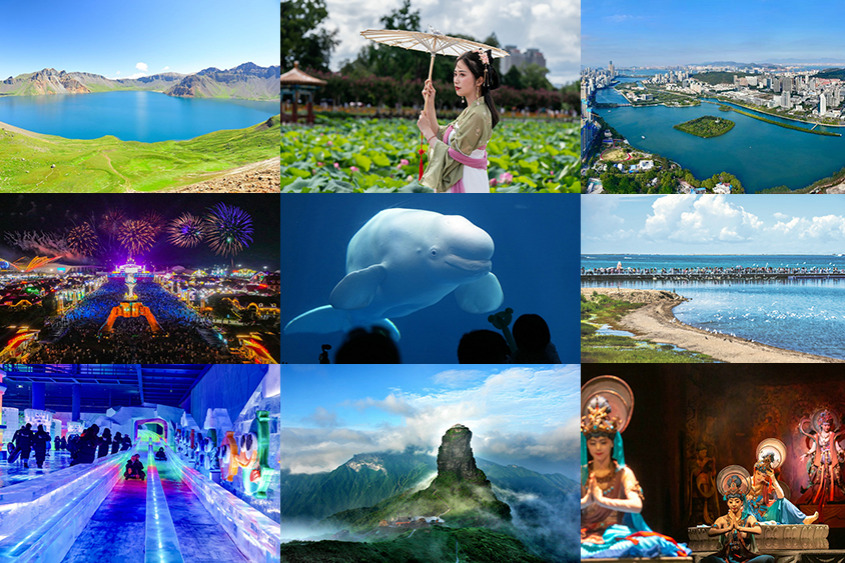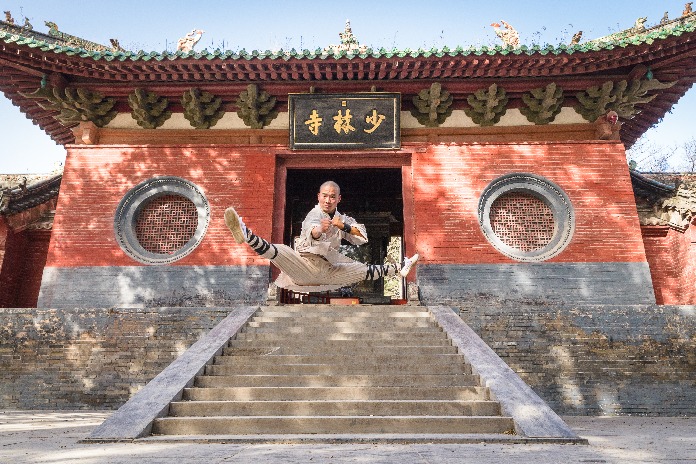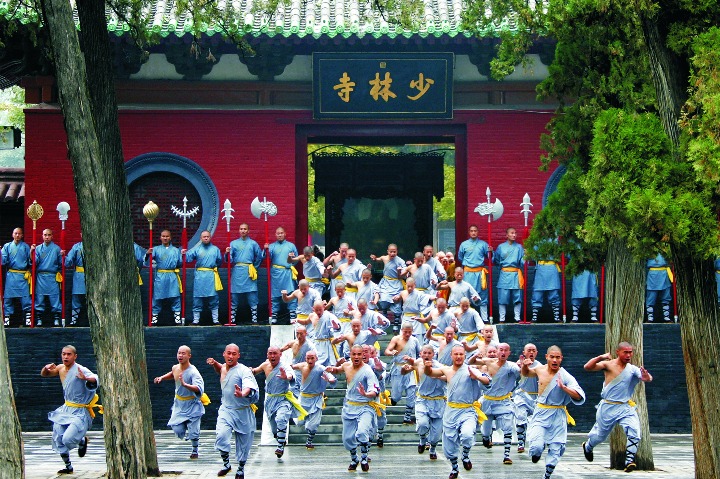Cross-border tourism vitalizes border city in NE China

For eight-year-old Timur and his family, crossing the border from Russia to Heihe, a city in Northeast China's Heilongjiang province, to savor Chinese delicacies is a simple and frequent pleasure, thanks to streamlined cross-border travel policies.
Located on the China-Russian border, Heihe faces Blagoveshchensk city across the Heilongjiang River. Since the resumption of visa-free group tours between China and Russia in September 2023, Heihe has seen a surge in cross-border tourism, boosting the local economy.
For many people in Blagoveshchensk, a trip to Heihe's morning market has become a routine part of their daily life.
"I come to Heihe very often because the food here is cheap and fresh," said Nastya from Raichikhinsk in Russia, as she and her family shopped for snacks and local produce at the morning market to take back to their relatives.
Apart from the morning market, a renovated night market has also become a vibrant and bustling hub. With bilingual signboards in Chinese and Russian, many vendors are fluent in Russian, making it easy for international visitors to navigate. "I don't speak Chinese, but we communicate without any barriers here," said a Russian tourist surnamed Oleg.
A young couple from Blagoveshchensk noted that they often visit the night market for snacks and clothing and appreciate the convenience of the ferry service back home.
In addition to enjoying delicious food and vibrant nightlife, visitors from across the border also explore other aspects of their "cross-border weekend" in Heihe, including medical services.
On the Russian social media platform VKontakte, dental hospitals and clinics in Heihe have become popular search terms, with many Russian users sharing their experiences online.
"We had about 200 outpatient visits and around 50 emergency visits from foreign patients this year," said a local hospital official, adding that exchanges between Russian and local doctors have increased.
Liu Xuesong, director of the Heihe Traditional Chinese Medicine Hospital, said that a growing number of Russian patients seek traditional Chinese medicine treatments including acupuncture and massage therapy.
The hospital's international department has offered treatments to 422 such patients with various traditional Chinese therapies.
Data from the Heihe border inspection station shows that as of Aug. 12, the Heihe Port had recorded over 440,000 entries and exits, a 160 percent year-on-year increase compared to the previous year. In late July, the average daily border crossings exceeded 4,000, up 90 percent from the yearly average.
"With improved transportation, favorable policies and diverse tourism options, we are expecting a continuous boom of cross-border tourism," said Hao Shuai, an assistant researcher at the Heilongjiang Provincial Academy of Social Sciences.

































